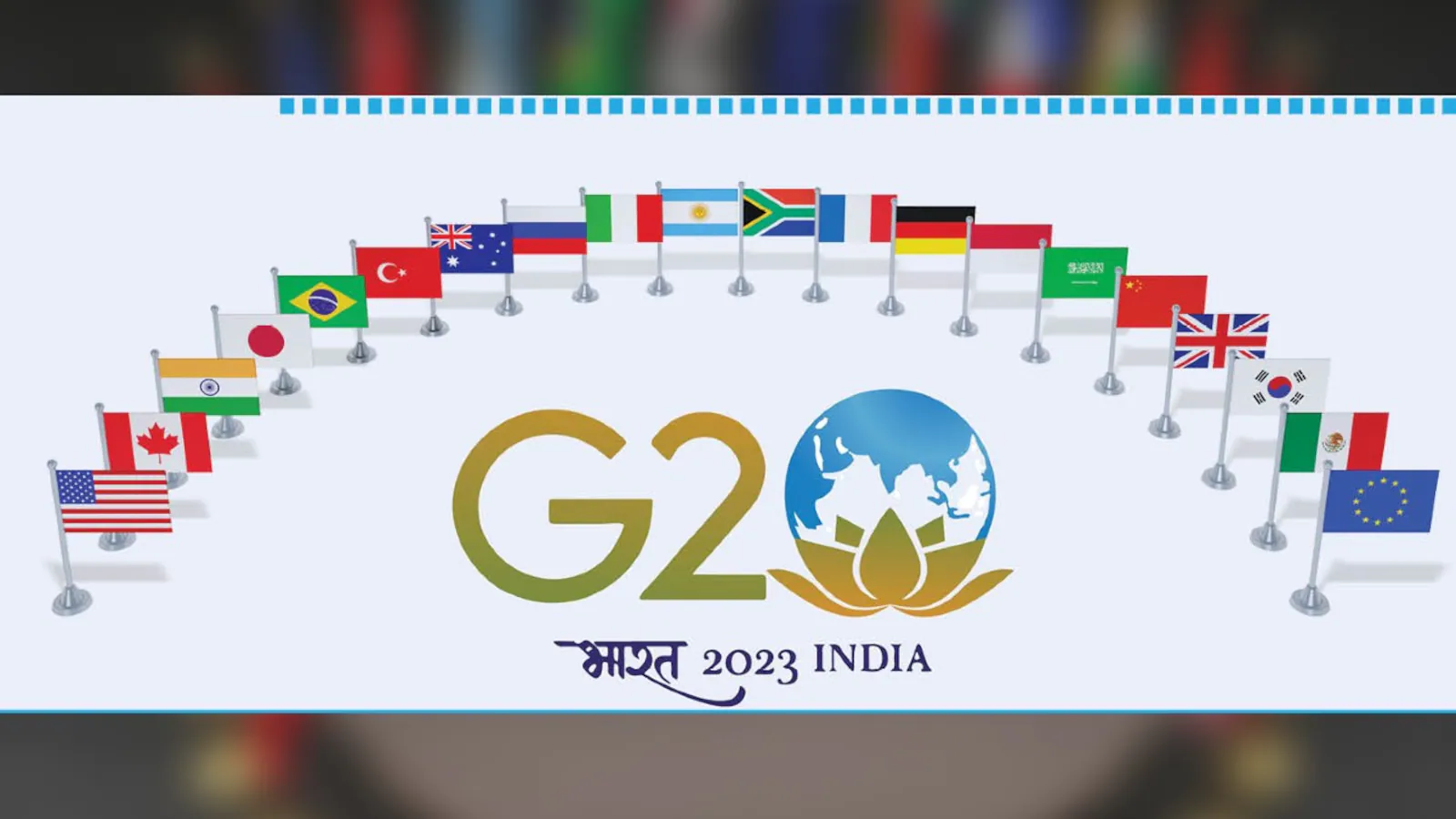India took over the presidency of the G20, the group of 20 major economies in the world, in 2022. This will be the first time India will hold the presidency of the G20, which was established in 1999 to promote international financial stability and economic growth.
As the world’s seventh-largest economy and a rapidly growing global power, India’s G20 presidency is seen as an opportunity to showcase the country’s economic and political influence on the global stage. The Indian government outlined its priorities for the presidency, which include a focus on economic recovery post-COVID-19, climate change, and digital transformation.
One of the key priorities for India during its G20 presidency will be to lead the global effort to recover from the economic impact of the COVID-19 pandemic. The Indian government has stated that it will work to ensure that the recovery is inclusive and benefits all countries, particularly those that have been most affected by the pandemic. This will involve promoting international trade, investment, and cooperation, as well as addressing issues related to debt and financial stability.
Another important priority for India during its G20 presidency will be to address the issue of climate change. As one of the world’s largest emitters of greenhouse gases, India has a crucial role to play in addressing this global challenge. The Indian government has already begun its plans to increase the share of renewable energy in the country’s power mix and to reduce its emissions intensity. It also plans to work with other G20 countries to promote sustainable development and to support the implementation of the Paris Agreement on climate change.
In addition to these priorities, India also plans to focus on digital transformation during its G20 presidency. The country has a rapidly growing digital economy and is home to some of the world’s leading technology companies. The Indian government plans to use its G20 presidency to promote the use of digital technologies to drive economic growth and social development, as well as to address issues related to cybersecurity and data privacy.












